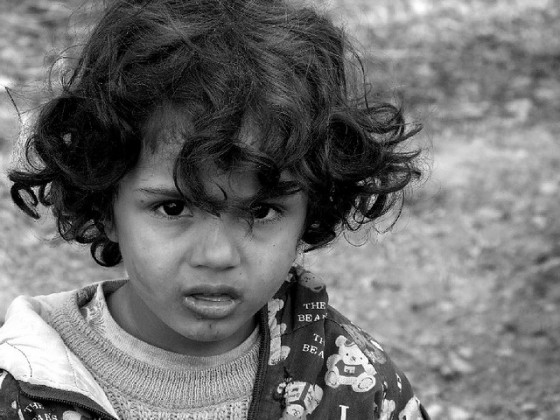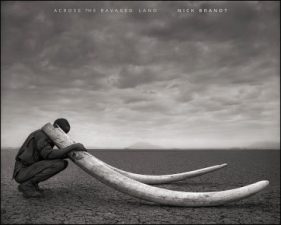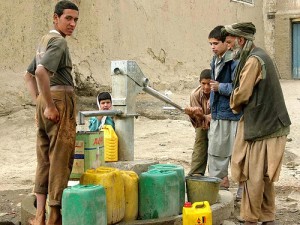 The complicated nature of population growth and movement in the Middle East is highlighted by this note from the photographer’s site: “Shahryar is one of Afghanian children who was born in Iran…Iranian government said all of afghaninan must leave Iran as soon as possible.”
The complicated nature of population growth and movement in the Middle East is highlighted by this note from the photographer’s site: “Shahryar is one of Afghanian children who was born in Iran…Iranian government said all of afghaninan must leave Iran as soon as possible.”
Concerned environmentalists in the Middle East may find another worry to add to their list of frustrations. According to a Huffington Post report, the Iranian President Mahmoud Ahmadinejad is urging young women to marry at 16, in a rejection of the “country’s once effective family planning program.”
This is in line with his goal to increase the number of people – already at 75 million in Iran – upwards to 150 million, and counter-productive to the growing interest in eco-sexuality.
From the source article: Following record birth rates in the wake of the 1979 Islamic revolution, Iran implemented an internationally praised family planning program in the 1990s that dramatically reduced the growth rate. Ahmadinejad has criticized the program as an ungodly and a Western import.
“We should take the age of marriage for boys to 20 and for girls to about 16 and 17,” he said, according to the state-owned Jam-e Jam daily. “The marriage age for boys has reached 26 and for girls to 24, and there is no reason for this.”
In July, he inaugurated a new policy to encourage population growth with financial incentives for every new child born, having previously said the country could feed a population of 150 million.
A recent report in Greenprophet.com, however, points to the consequences of unbridled population growth in the Middle East.
From an eco-sexual point of view, the number one thing an individual can do for the planet is to support efforts geared to reducing the number of children born. Population management, an unpopular topic when first introduced decades ago, is also an elemental component of planetary stewardship.
More on eco-sexuality:
Exposure to Toxins Permanently Damages DNA, Sperm, Offspring for Generations
The Ecology of Sustainable Love
Eco-Tourism in the Middle East: Iran





